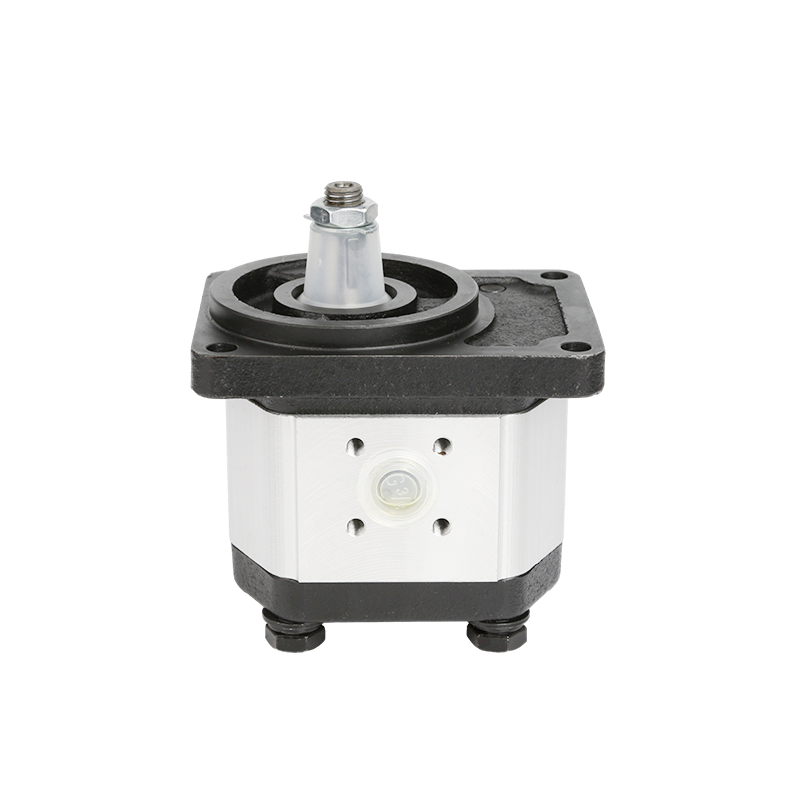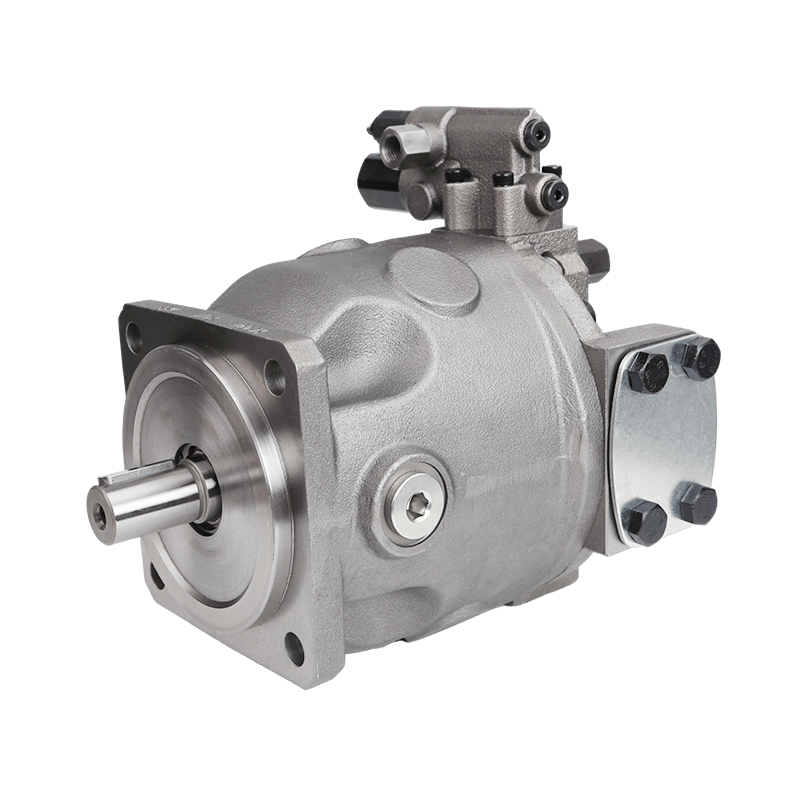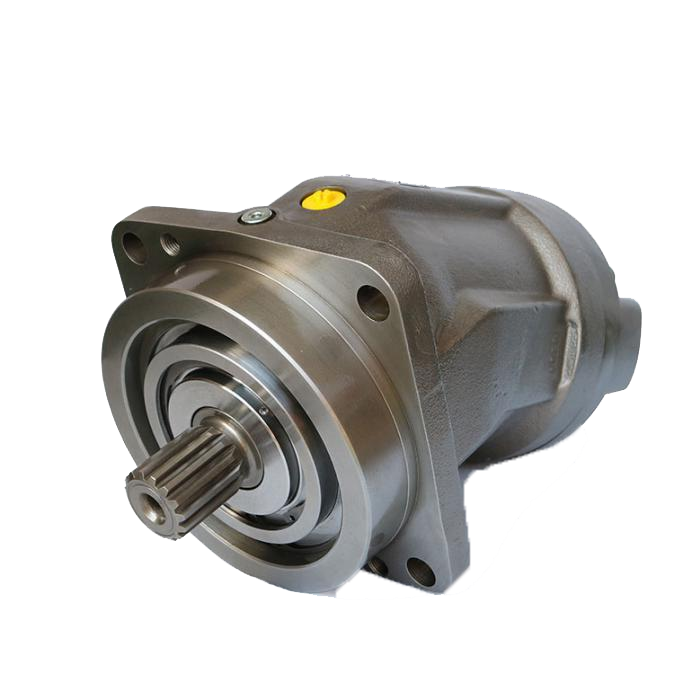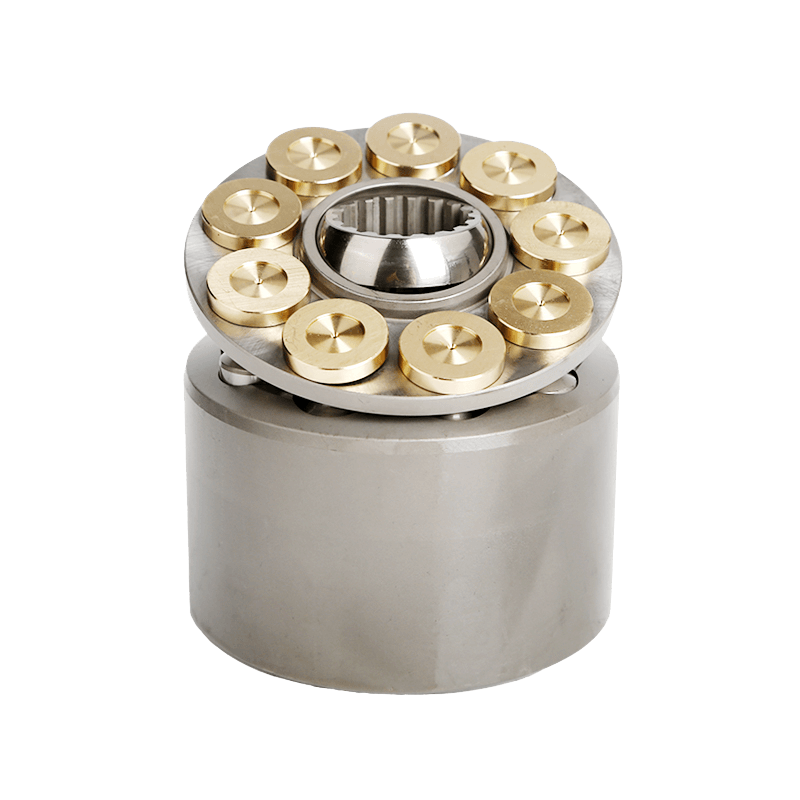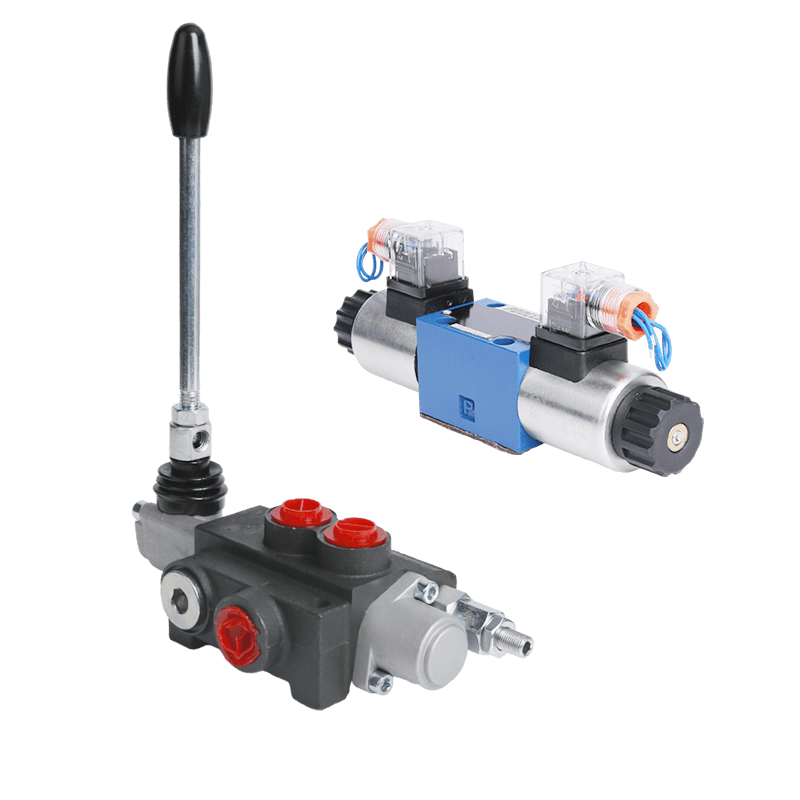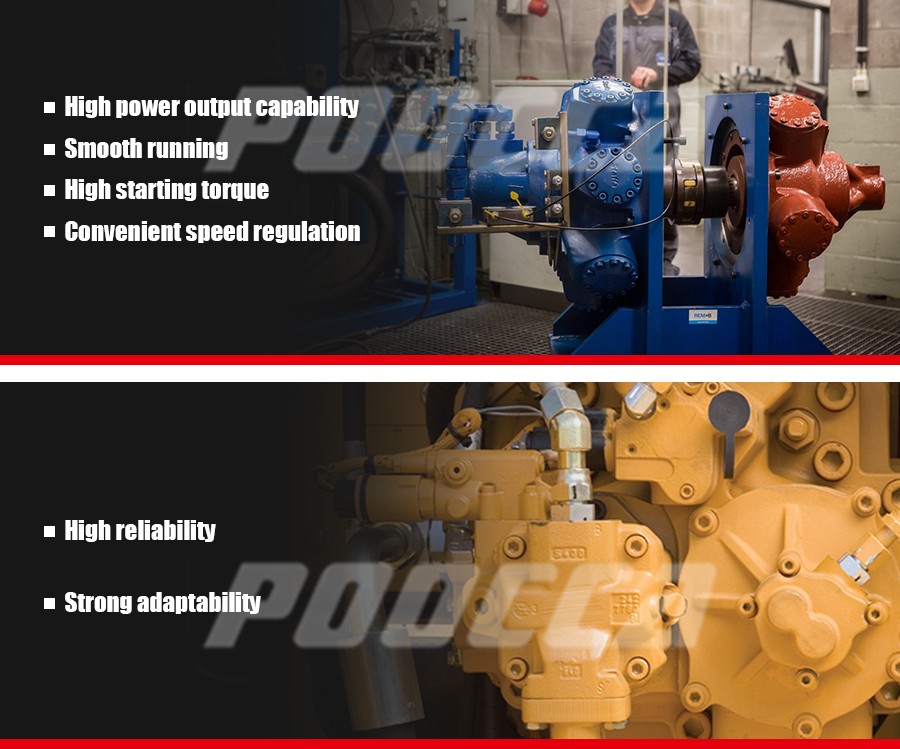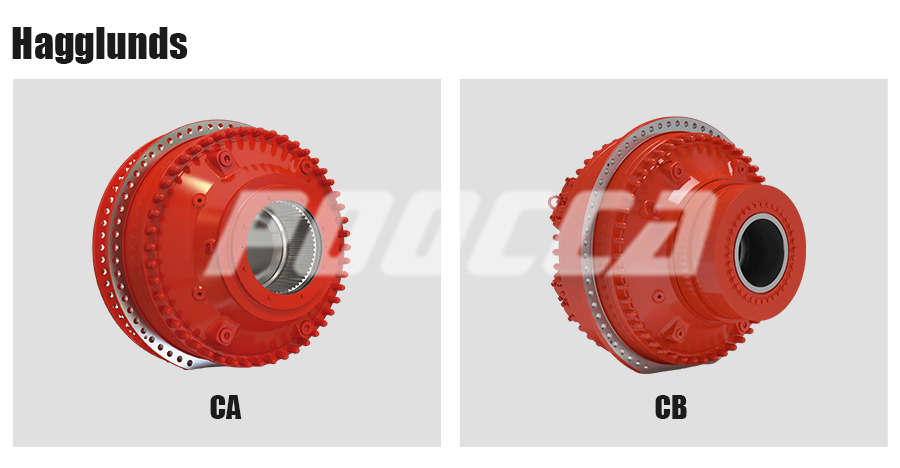Understanding the Basics of Radial Piston Motors
Radial piston motors are a crucial component in various industrial applications, offering high efficiency and reliability. Let’s delve into what makes these motors essential for optimizing industrial operations.
What is a Radial Piston Motor?
Defining the Radial Piston Motor
A radial piston motor is a type of hydraulic motor that converts hydraulic pressure into torque and rotation. It consists of several pistons arranged in a circular motion around a central shaft, creating rotational movement when fluid pressure is applied.
The Mechanics Behind the Radial Piston Motor
The operation of a radial piston motor involves the use of cam lobe radial pistons, which are designed to efficiently convert hydraulic energy into mechanical power. These motors utilize the principle of cams and lobes to generate rotational force, making them highly efficient in industrial applications.
Comparing Radial Piston Motors to Other Hydraulic Pump Motors
When comparing radial piston motors to other hydraulic pump motors, several key differences emerge:
- Radial Piston Motors vs. Axial Piston Motors: Radial piston motors offer much more torque but not as much speed as axial piston motors.
- Radial Piston Hydraulic Motors vs. Axial Piston Motors: Radial piston hydraulic motors offer advantages such as precise control, compact size, and high power-to-weight ratio, making them valuable components in modern automated systems.
- Radial Piston Hydraulic Motors vs. Other Hydraulic Motors: Radial piston hydraulic motors are expected to reach US$ 356.6 million by 2034, with an estimated increase to US$ 470 million by 2034. They offer high power density, efficiency, and reliability, making them an excellent option for automation and robotics in various industries.
- Radial Piston Motor vs. Vane Motor: Compared to vane motors, radial piston motors consume significantly less energy – up to 90 percent savings potential – while providing higher torque. This makes them the more efficient solution for applications with low speeds and high torque.
These comparisons highlight the unique advantages that radial piston motors bring to industrial operations.
The Benefits of Using a Radial Piston Motor in Industrial Operations
Radial piston motors offer a multitude of benefits that make them highly advantageous for industrial operations. Let’s explore why these motors are essential for enhancing efficiency and reducing costs in various industrial settings.
Why Radial Piston Motors are Highly Efficient
High Torque at Low Speeds
One of the key advantages of radial piston motors is their ability to deliver high torque even at low speeds. This capability is particularly valuable in heavy-duty machinery applications, where precise control and powerful performance are essential. The ability to generate significant torque at low speeds ensures optimal operational efficiency, making radial piston motors an ideal choice for industries such as construction, mining, and metal recovery.
Durability and Reliability
Radial piston motors are renowned for their robust construction and exceptional durability. These motors can withstand harsh operating conditions, including high pressures and viscous fluids, without compromising performance. Their reliability makes them well-suited for heavy-duty industrial applications that demand consistent and long-lasting performance. As a result, industries such as marine, off-highway applications, and automation rely on the durability of radial piston motors to ensure uninterrupted operation.
The Economic Advantages of Radial Piston Motors
Energy Savings
Incorporating radial piston motors into industrial operations can lead to substantial energy savings. These motors are highly efficient in converting hydraulic energy into mechanical power, resulting in reduced energy consumption. With the increasing demand for efficient machinery across various sectors like agriculture and construction, the energy-saving capabilities of radial piston motors play a pivotal role in optimizing overall operational costs while minimizing environmental impact.
Maintenance Costs
The durability and reliability of radial piston motors also contribute to significant cost savings in terms of maintenance. Their robust design minimizes the need for frequent repairs or replacements, reducing downtime and associated maintenance expenses. Furthermore, advancements in intelligent hydraulic systems enable real-time monitoring and predictive maintenance capabilities for radial piston motors, ensuring proactive upkeep and further lowering maintenance costs over time.
As the industrial sector continues to grow alongside technological advancements, the incorporation of radial piston motors with intelligent hydraulic systems becomes increasingly essential to raising output and cutting expenses.
POOCCA is a leading brand in the hydraulic industry with a history dating back to 1997. POOCCA’s facilities include 2,000 square meters of office space. Our factory covers an area of over 8,000 square meters with a dedicated production area of 6,000 square meters.
We have invested in the most advanced manufacturing equipment, including flexible machining centers, CNC gear grinders, coordinate measuring machines, automatic gear inspection systems, CAT fully computer-controlled testing machines, etc. These advanced tools enable us to offer a wide range of hydraulic products for applications in construction, agriculture, bending machinery, shearing machinery, injection molding machinery, as well as metallurgy, petroleum and material handling.
Real-World Applications of Radial Piston Motors
Radial piston motors find extensive applications across a wide spectrum of industrial machinery, ranging from heavy-duty equipment to precision handling systems. Their robust construction, high torque capabilities, and precise control make them highly suitable for diverse industrial applications.
Radial Piston Motors in Heavy-Duty Machinery
In the realm of heavy-duty machinery, radial piston motors play a pivotal role in ensuring optimal performance and reliability.
Construction and Mining Equipment
Radial piston motors are extensively utilized in construction and mining equipment due to their ability to deliver high torque at low speeds. These motors provide the necessary power to drive heavy machinery such as excavators, bulldozers, and drilling rigs. The high torque output of radial piston motors enables these machines to handle demanding tasks with exceptional precision and efficiency.
Marine and Off-Highway Applications
The marine industry relies on the robustness and durability of radial piston hydraulic motors for various applications such as winches, cranes, and propulsion systems. Their ability to withstand harsh marine environments while delivering consistent performance makes them an ideal choice for maritime operations. Similarly, off-highway mobile equipment such as agricultural machinery and forestry equipment benefit from the high torque capabilities of radial piston motors for efficient power transmission.
Radial Piston Motors in Precision Applications
In precision handling systems and automation, radial piston motors are instrumental in delivering accurate control and reliable performance.
Automation and Robotics
The integration of radial piston cam lobe technology into automation and robotics facilitates precise movement control essential for tasks such as material handling, assembly processes, and packaging operations. These motors offer the necessary power density and efficiency required for seamless operation in automated systems across various industries.
Metal Recovery and Processing
Industries involved in metal recovery and processing rely on the high torque output of radial piston motors for efficient material handling systems. Whether it’s conveying heavy metal components or operating intricate processing machinery, these motors ensure smooth operation while meeting stringent performance requirements.
Implementing a Radial Piston Motor into Your Operation
Assessing Your Needs: When to Choose a Radial Piston Motor
Before integrating a radial piston motor into your industrial operation, it’s crucial to assess your specific requirements and determine when this type of motor is the optimal choice for enhancing performance and efficiency.
Evaluating Your Current Machinery’s Performance
Begin by evaluating the performance of your current machinery. Consider factors such as power output, torque requirements, and operational precision. If your existing equipment demands high torque at low speeds or precise control in heavy-duty applications, a radial piston motor may be the ideal solution to meet these needs effectively.
Identifying Potential Areas for Improvement
Identify potential areas within your industrial operation where enhanced torque, durability, and energy efficiency are essential. Whether it’s heavy-duty machinery in construction and mining or precision handling systems in automation, pinpointing areas that can benefit from the superior characteristics of radial piston motors is crucial for successful integration.
Step-by-Step Guide to Integrating a Radial Piston Motor
Once you’ve determined that a radial piston motor aligns with your operational requirements, follow this step-by-step guide to seamlessly integrate this advanced hydraulic technology into your industrial setup:
Selection and Customization
Begin by selecting a radial piston motor that best matches the specific torque, speed, and power density requirements of your application. These motors are available in various sizes and power levels to suit different needs, offering high performance while minimizing environmental impact. Customization options further allow you to tailor the motor to precisely fit the demands of your industrial operation.
Installation and Testing
After selecting the appropriate radial piston motor, proceed with its installation following manufacturer guidelines and industry best practices. Thoroughly test the motor under varying load conditions to ensure optimal performance across different operational scenarios. Rigorous testing will validate the seamless integration of the motor into your machinery while ensuring reliable and efficient operation.
Maintaining Your Radial Piston Motor for Optimal Performance
To sustain optimal performance and longevity of your radial piston motor, adhere to these routine maintenance tips:
Routine Maintenance Tips
Regularly inspect and maintain hydraulic fluid levels, ensuring proper lubrication for all moving parts within the radial piston motor. Additionally, monitor system temperatures and pressures during operation to detect any irregularities that may indicate potential issues requiring attention.
Troubleshooting Common Issues
Incorporate proactive troubleshooting measures by identifying common issues such as fluid leaks or abnormal noise early on. Addressing these concerns promptly can prevent potential downtime or damage to the radial piston motor, preserving its efficiency and reliability over time.
By carefully assessing your operational needs, methodically integrating a radial piston motor, and implementing proactive maintenance practices, you can optimize industrial operations while benefiting from the high-performance capabilities of this advanced hydraulic technology.
Poocca hydraulic manufacturer sells gear motors, piston motors, orbital motors, vane motors, radial motors, we provide Rexroth A2FM AZPM, Parker TJ PGM motor, Danfoss OMM SNP and many more hydraulic motors, we sell directly at factory prices, quality guaranteed , after-sales guarantee, welcome to contact us Poocca Hydraulic Manufacturer.

